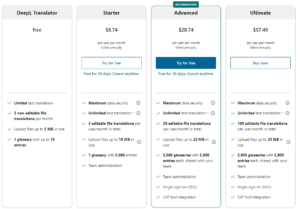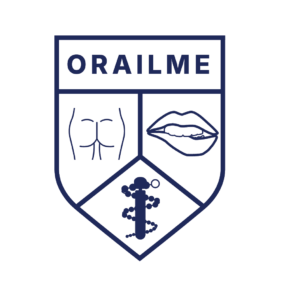Artificial intelligence is making its way into classrooms, hinting at a future where education is more personalized and dynamic. AI’s ability to customize learning and provide immediate feedback could revolutionize how students learn, making education more effective and engaging.
Schools globally are starting to see the benefits of AI. For instance, adaptive learning platforms can now tailor lessons to each student’s pace and style of learning, enhancing engagement and understanding. DreamBox Learning, an AI-powered math platform, has already demonstrated how such technology can improve students’ abilities in problem solving.
However, there’s a notable concern emerging alongside these advancements — the AI divide, or the growing gap between those who have access to sophisticated AI tools and those who do not. A 2023 report by the Educational Data Trust found that wealthier school districts are three times more likely to have adopted AI-powered learning platforms compared to their under-resourced counterparts. We don’t know what this technology will look like 10 years from now, but the current trend shuts out underfunded districts. It’s in the big dog’s best interest to do so, but it sucks anyways.
Let’s look at an example. Online translators like Google Translate or SpanishDict are commonplace in language classes. They are free, and they work fine, but they often miss context — they translate a sentence word by word without understanding the whole meaning of the sentence. Wired found that “where Google Translate forms completely meaningless word chains, DeepL [an AI-powered translator] can at least guess a connection.” Furthermore, users can edit words and sentences within the translations they are offered, choosing from AI-generated potential replacements.
The conversation around AI in education isn’t just about technology; it’s about fairness and opportunity. This could impact not only their academic performance but also their future college admissions and job prospects, suggests a 2021 study by Georgetown University which found that AI skills are becoming increasingly sought after by employers.
Addressing the AI divide requires a concerted effort. Policymakers have the power to level the playing field by supporting AI accessibility in all schools, inspired by initiatives in Estonia and Finland. Ensuring transparency in AI’s educational use is crucial to ensure it benefits all students equally.
Schools and educators have a role to play too. Schools and educators must train their students to use AI as a tool. They can foster partnerships to share AI resources and focus on building universally essential skills like critical thinking and digital literacy. It’s hard for students to form good relationships with AI if these tools begin as forbidden in the classroom. By establishing AI as a resource rather than an unauthorized aid, educators can tap into AI’s potential to revolutionize learning and level the playing field. (Still, please follow your professors’ policies on AI usage. I don’t encourage cheating.)
Collaboration extends even beyond educational institutions. Tech companies and community groups have roles to play as well, such as offering AI expertise and support to schools lacking resources. AI is relevant to a lot more than education.
AI in education is a dual-edged sword, with the promise of transformative learning coming alongside the risk of deepening divides. As we embrace AI’s potential, we must also commit to ensuring it serves as a tool for empowerment, not exclusion, paving the way for a future where every student has the opportunity to thrive.



